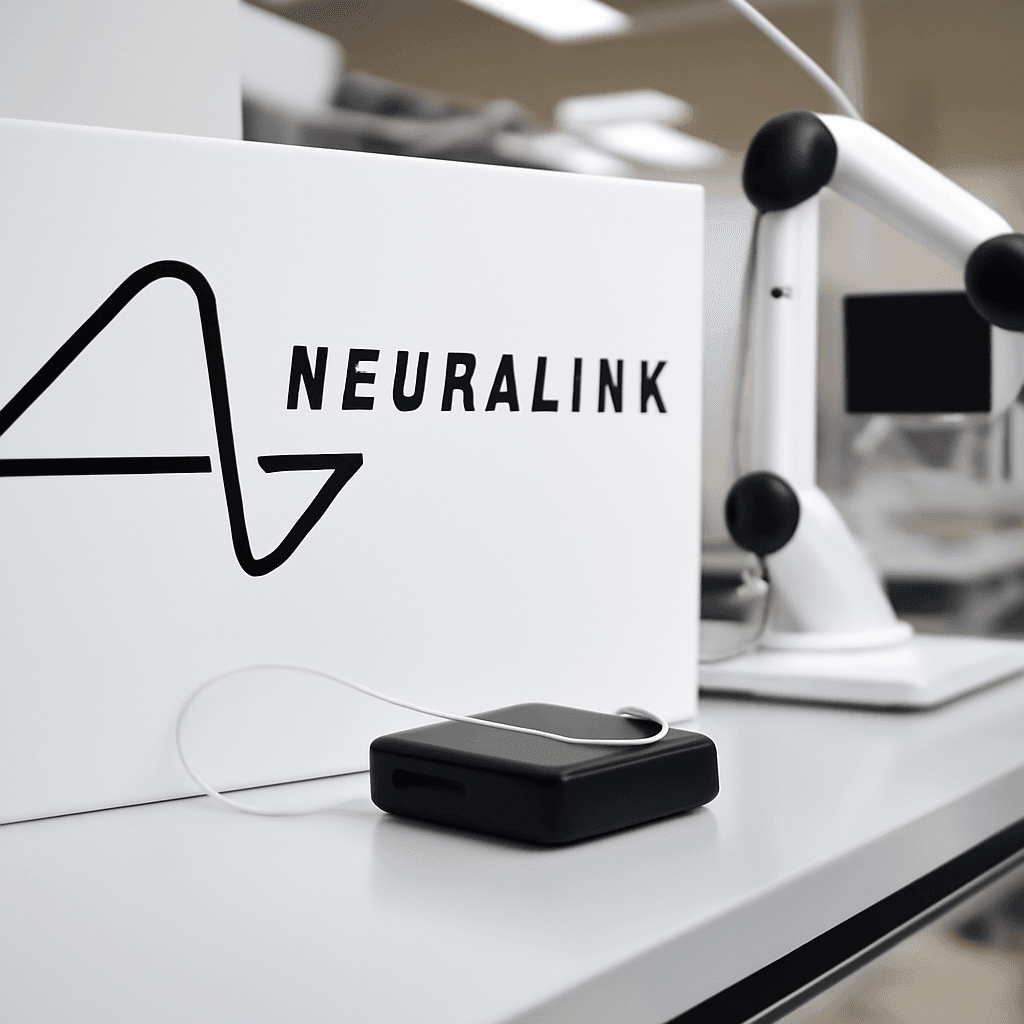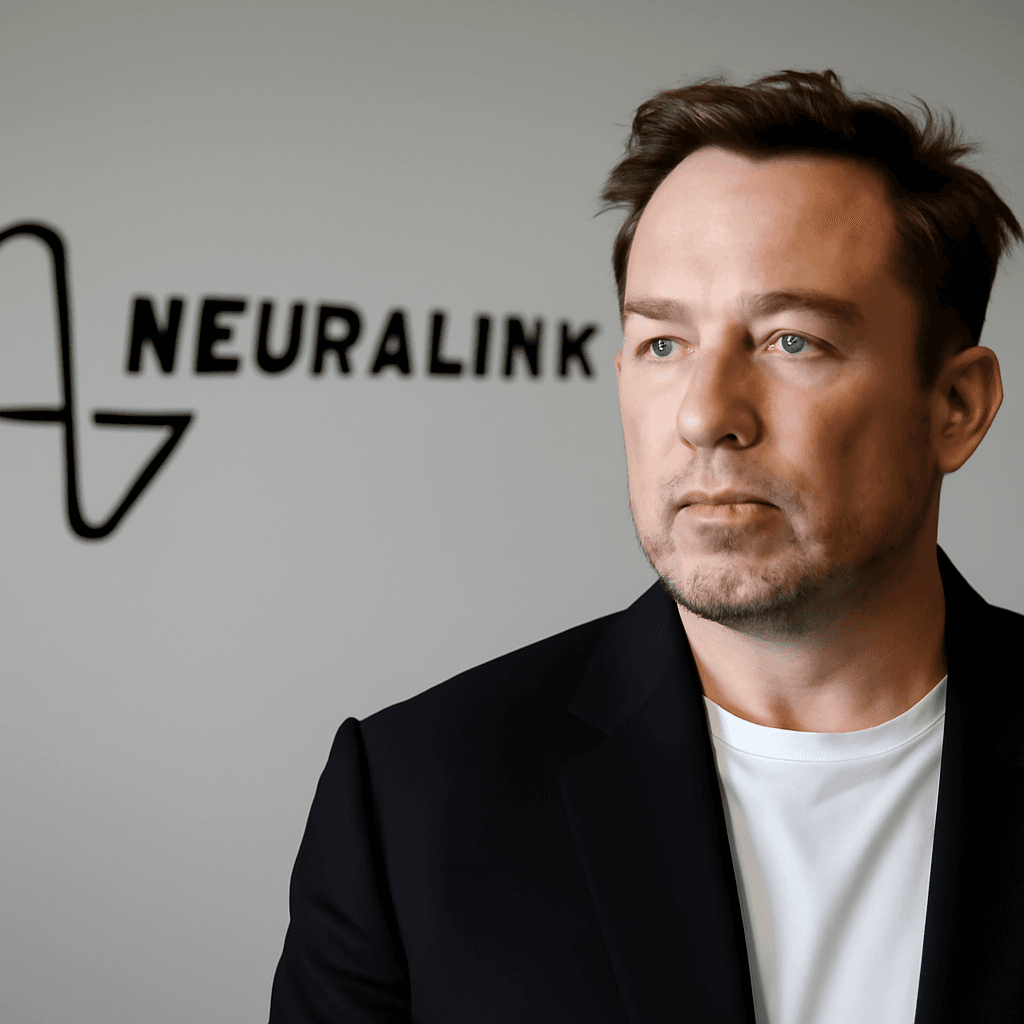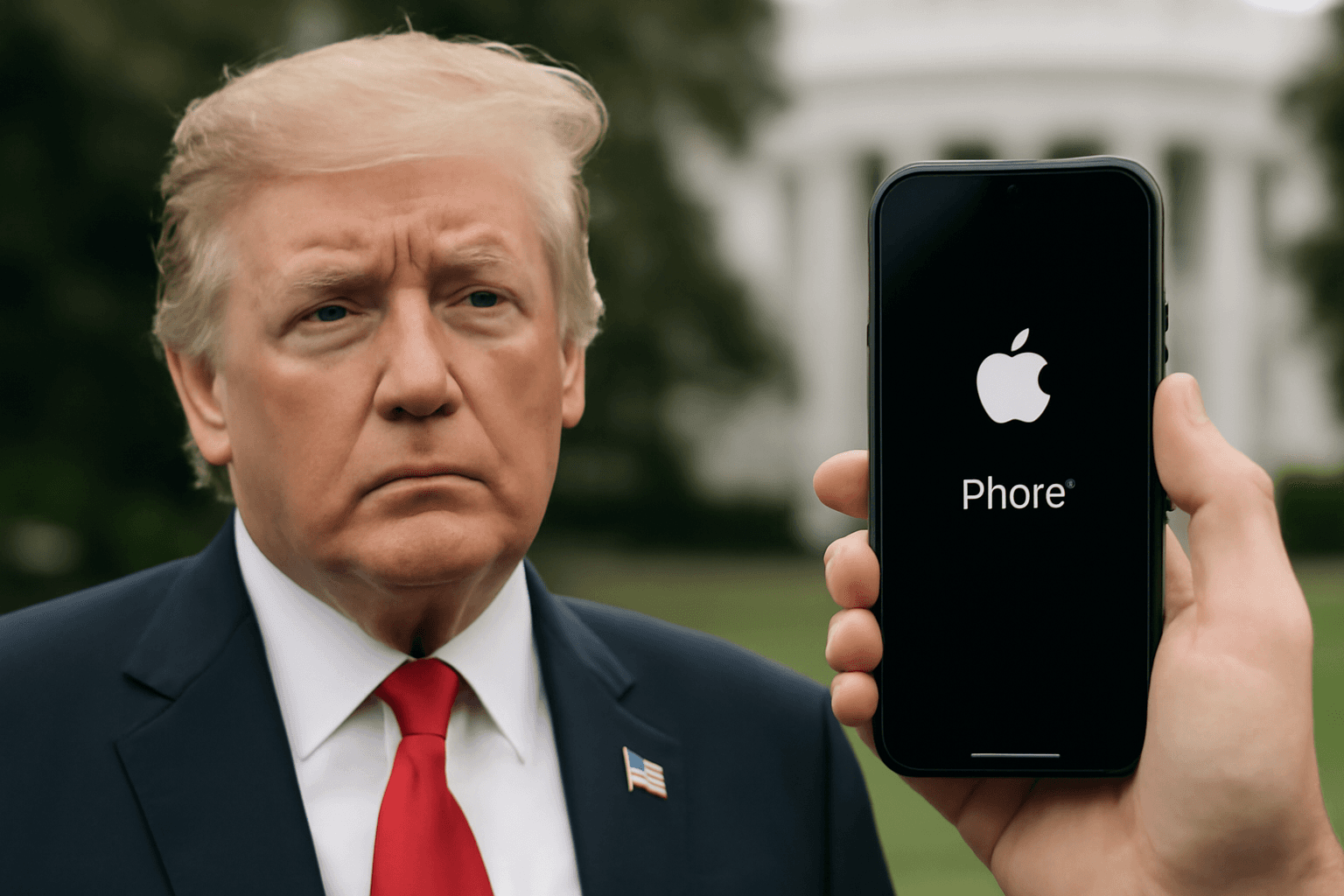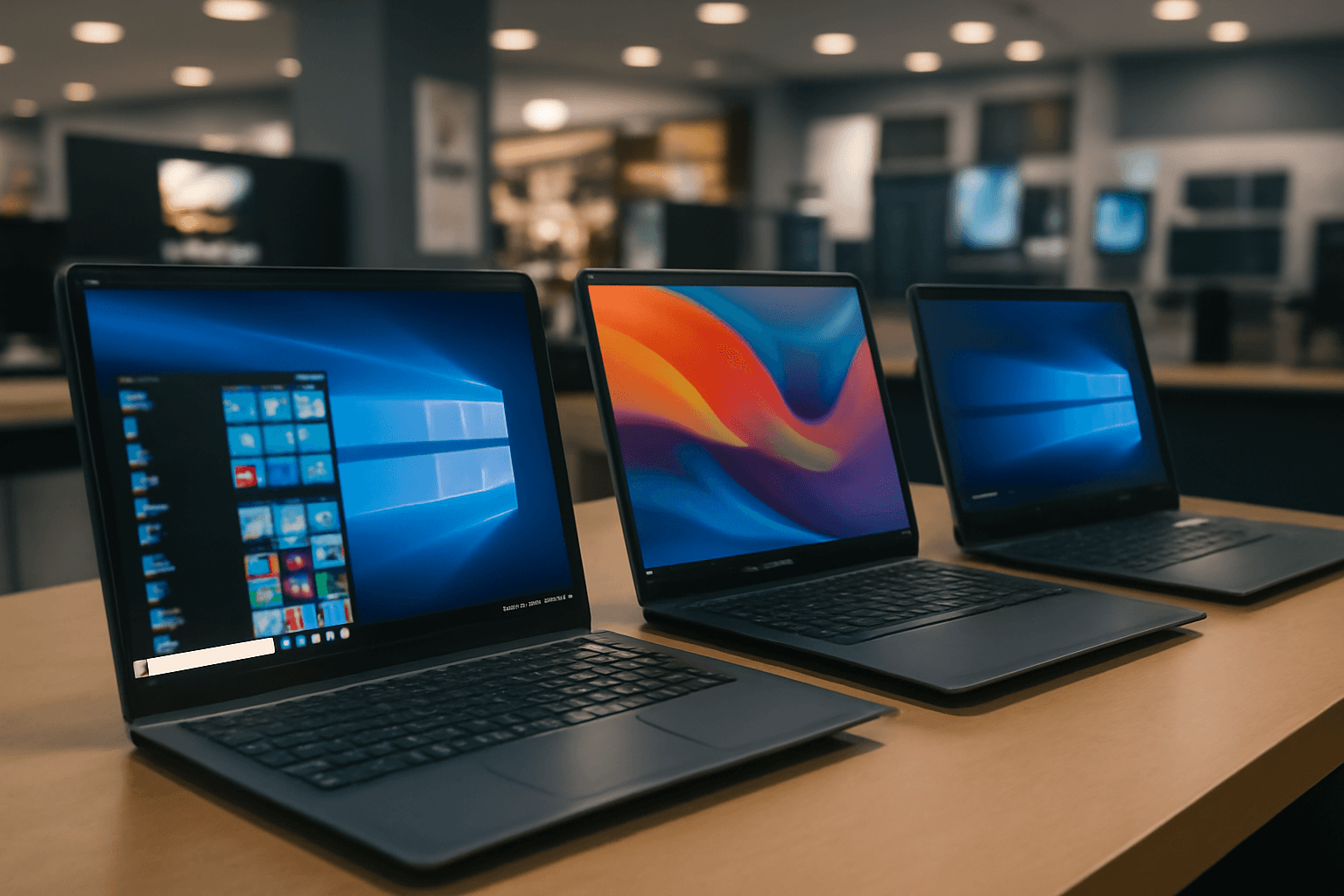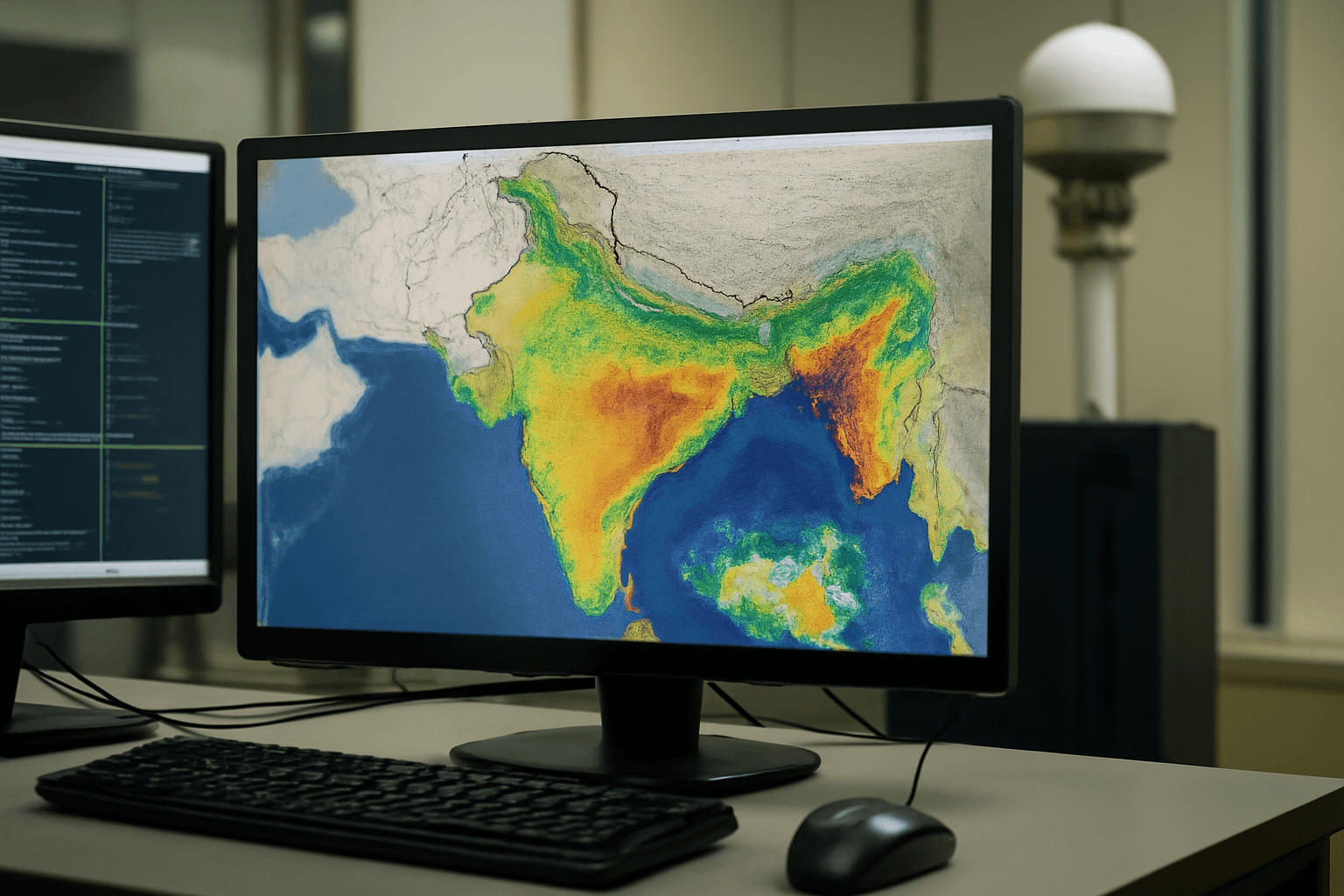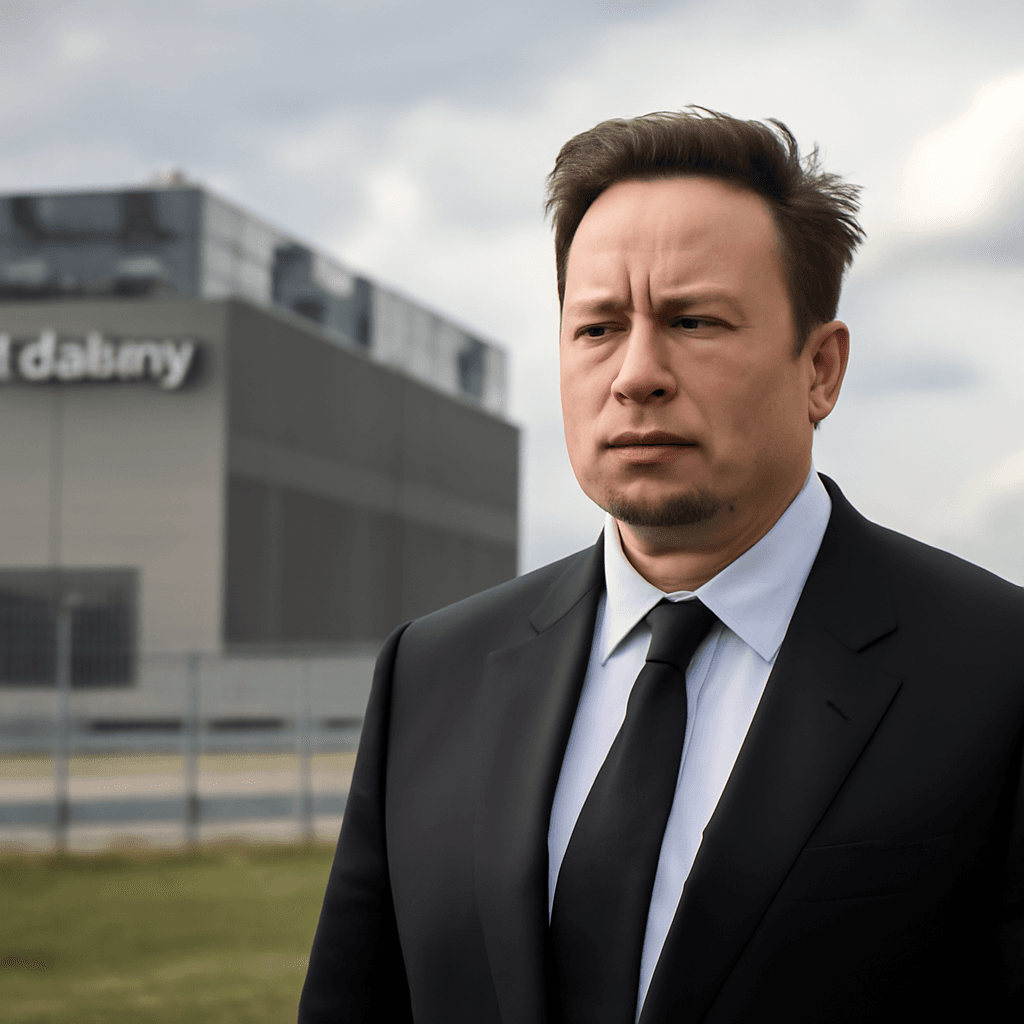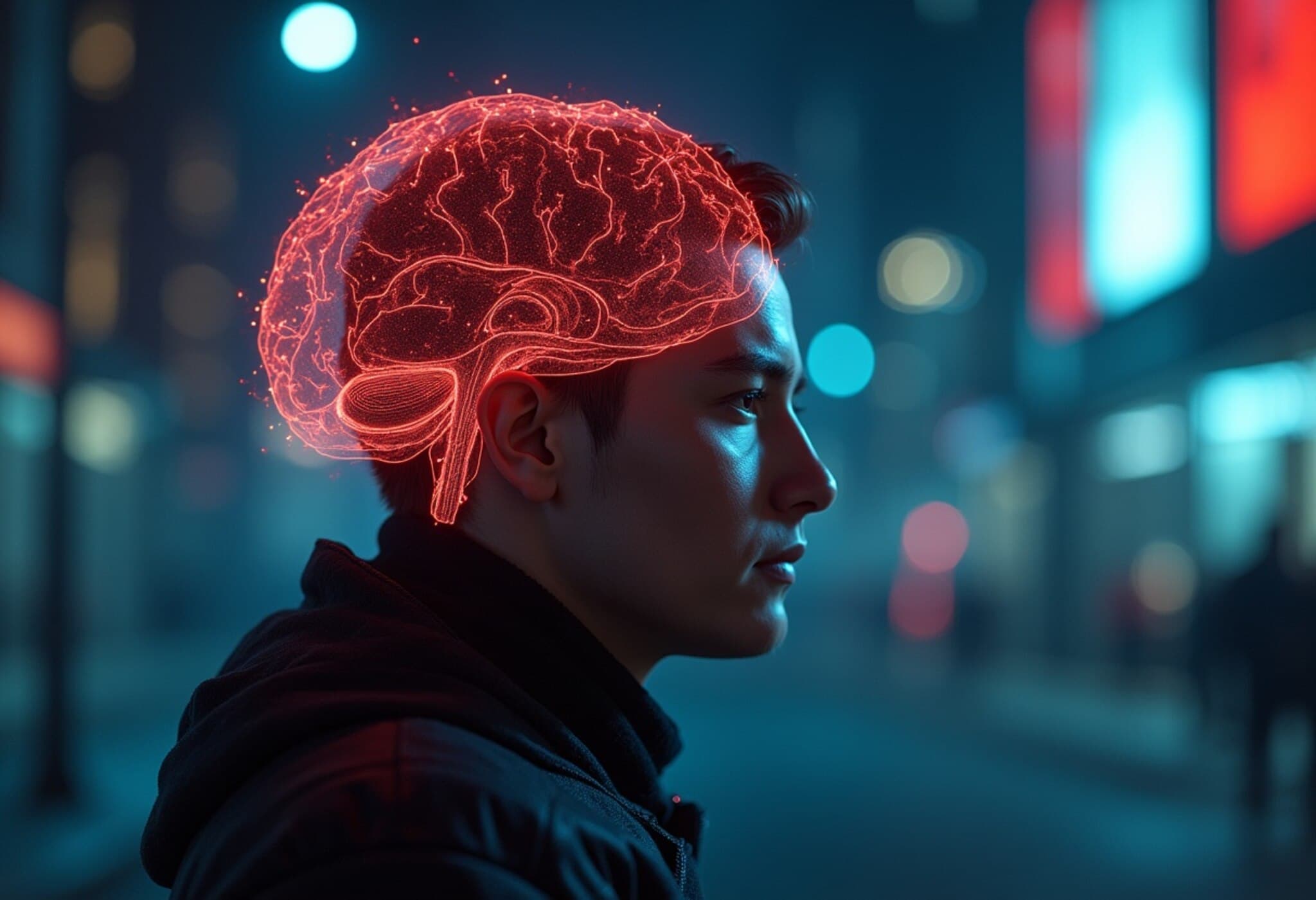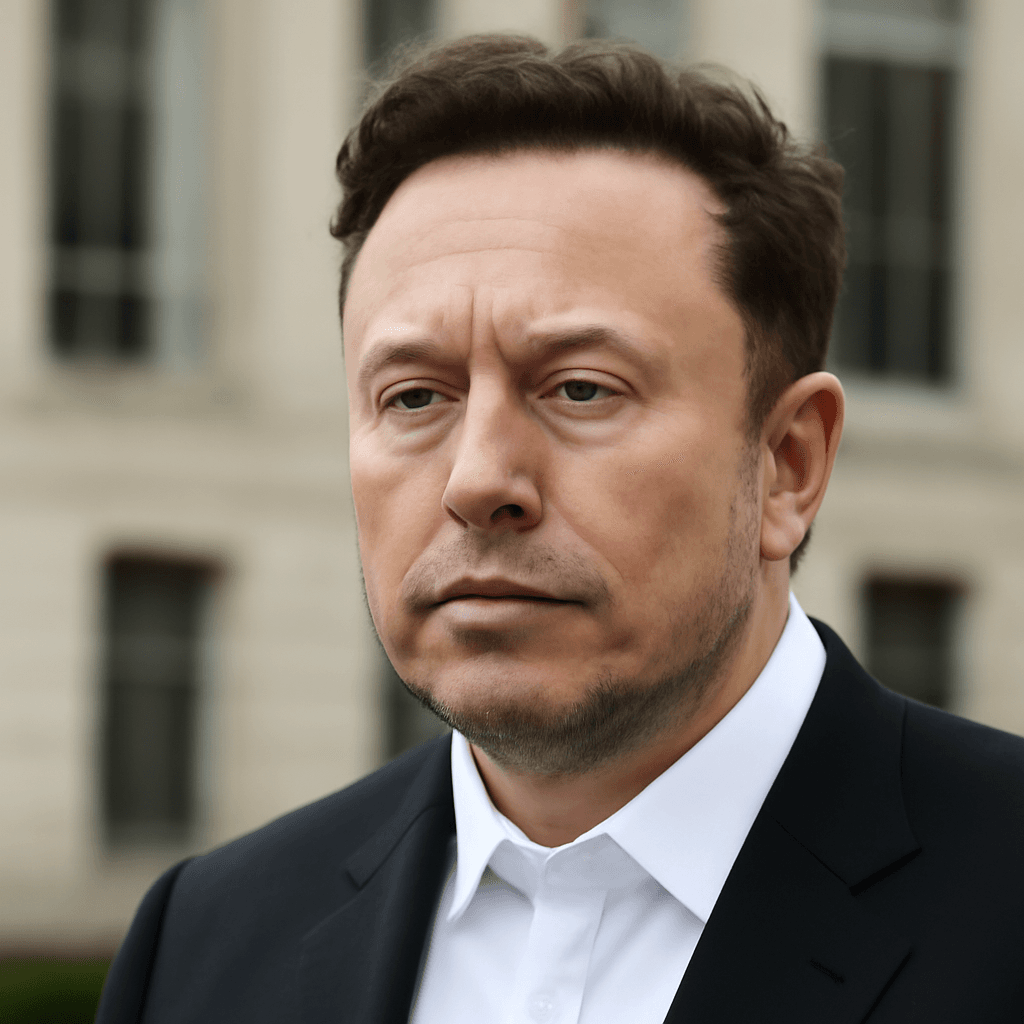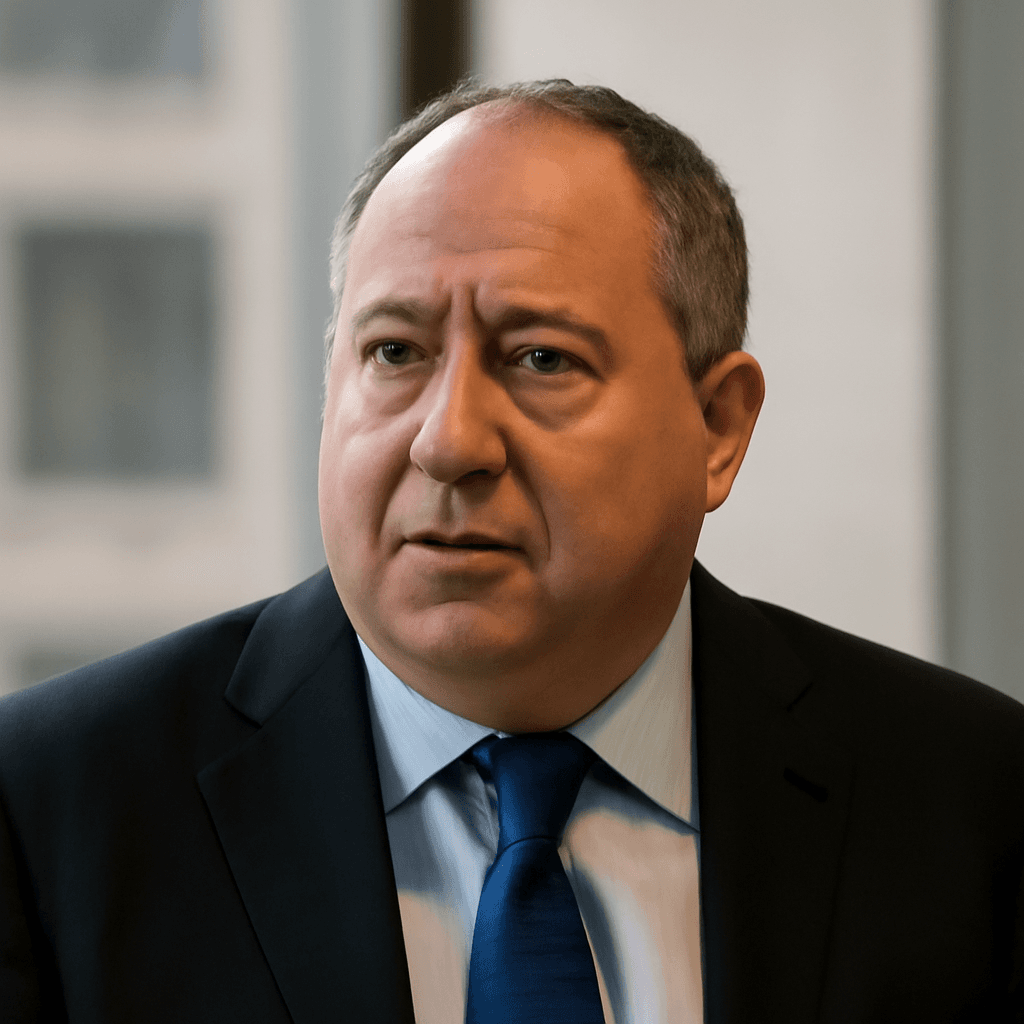Neuralink Raises $650 Million in New Funding Round
Neuralink, the brain technology startup founded by Elon Musk, has successfully completed a $650 million financing round. This infusion of capital is intended to accelerate the development of innovative devices aimed at enhancing the integration between biological and artificial intelligence.
Strategic Investors Back Neuralink's Vision
The funding round attracted investments from prominent venture firms including ARK Invest, Founders Fund, Sequoia Capital, Thrive Capital, and Lightspeed Venture Partners. These investors are supporting Neuralink's mission to expand patient access to its brain-computer interface (BCI) technology and to foster advancements in the field.
Understanding Neuralink's Brain-Computer Interface
Neuralink is focused on creating a brain-computer interface that converts neural activity into commands for external devices. The company's initial product, called Telepathy, uses 64 ultra-thin threads implanted directly into the brain. These threads, finer than a human hair, are embedded with 1,024 electrodes that capture neural signals with high precision.
Early Clinical Application
- Telepathy aims to restore autonomy to individuals with severe paralysis.
- As of now, five patients have been implanted with the technology.
- Implanted patients have demonstrated the ability to control both digital and physical devices using their thoughts.
Clinical Trials and Industry Landscape
Neuralink is currently conducting four separate clinical trials to evaluate the efficacy and safety of the Telepathy system. The development of BCIs has a long academic history, and several companies, including Paradromics and others, are developing competing technologies.
In a notable milestone, Paradromics recently announced the first successful human implantation of its BCI device.
Future Prospects and Ambitions
While Neuralink has not publicly detailed its next device developments, Elon Musk has long expressed ambitious goals for the technology. Among these is the potential to restore vision for blind patients. Neuralink has received a Breakthrough Device designation from the U.S. Food and Drug Administration (FDA) for its vision restoration device known as Blindsight.
This designation highlights the device's potential to significantly improve treatment options for individuals with debilitating vision loss. Musk has stated that Blindsight could enable vision recovery even for patients who have lost both eyes and the optic nerves.
Challenges Ahead
Despite the promising advancements and substantial funding, Neuralink faces considerable challenges before these technologies can reach widespread commercial use. Ongoing clinical trials and regulatory review processes will shape the timeline for broader availability.
Key Highlights:
- $650 million raised to expand BCI technology
- 64 hair-thin threads with 1,024 electrodes in Telepathy system
- Five patients successfully implanted and controlling devices via thought
- Four active clinical trials underway
- Received FDA Breakthrough Device status for vision restoration technology

